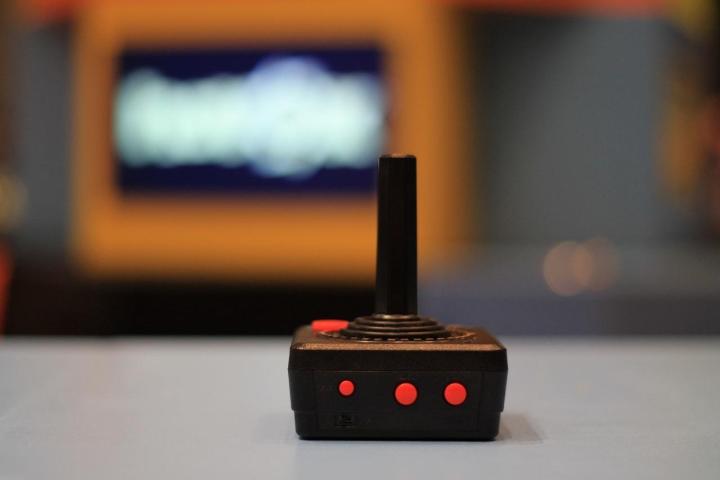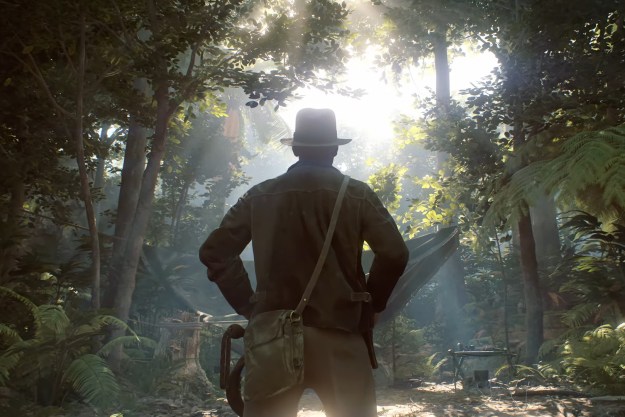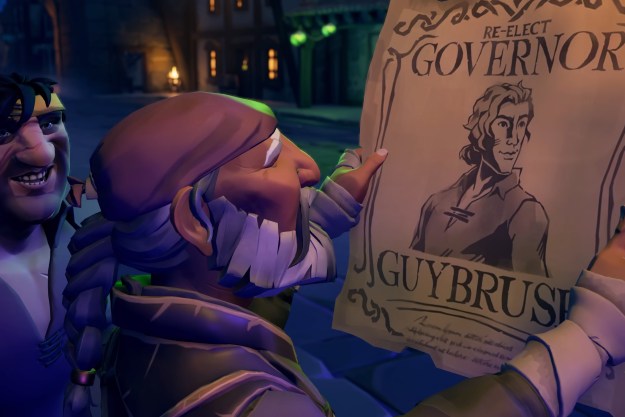
“With the Technical Impact Award, the Academy and our board of directors are looking to shine a light on the technical innovations that have been instrumental in shaping the many varied aspects of our medium,” AIAS president Martin Rae said in the announcement. “These can be software tools, applications or even hardware innovations that have enriched how we play games, how we make games and how we continue to move the medium forward.”
He also shared some insight on the thinking that led to the creation of the Sprite Award, describing it as “our effort to celebrate the big ideas and artistic risks that encompass experiences unique to our art form that aren’t necessarily born of AAA resources.”
The Technical Impact Award is a “special award,” much like the show’s Pioneer and Lifetime Achievement accolades, with the winner to be announced well in advance of the show, which is set for February 5, 2015. Sprite, on the other hand, is a proper new category. Nominees for that one will be announced with all of the rest in the coming weeks.
There’s been a real shift in the landscape of video games over the past five or ten years. A space that was once ruled by known quantities, blockbuster names like Mario and Master Chief that bring in massive audiences, is now more layered, more nuanced. It’s a space that’s expanded to allow for unconventional storytelling, like what we saw in The Stanley Parable. There’s enough breathing room now for unexpected games to receive the highest of honor. Not even one year ago, Digital Trends named Gone Home, The Fullbright Company’s brilliant narrative journey through an empty, mid-’90s household, as 2013’s Game of the Year.
It’s fitting that the D.I.C.E. Awards would add these two categories. Nominees and winners are all selected by the AIAS, a group of more than 60,000 industry players spanning all fields of development and publishing. It’s analogous to Hollywood’s Oscars, which are also selected and voted on by peers inside the industry. The D.I.C.E. Awards are connected to the annual D.I.C.E. conference, held in Las Vegas, an event that gathers some of the most influential voices in gaming to discuss philosophy and future directions for this ever-evolving medium of entertainment.


